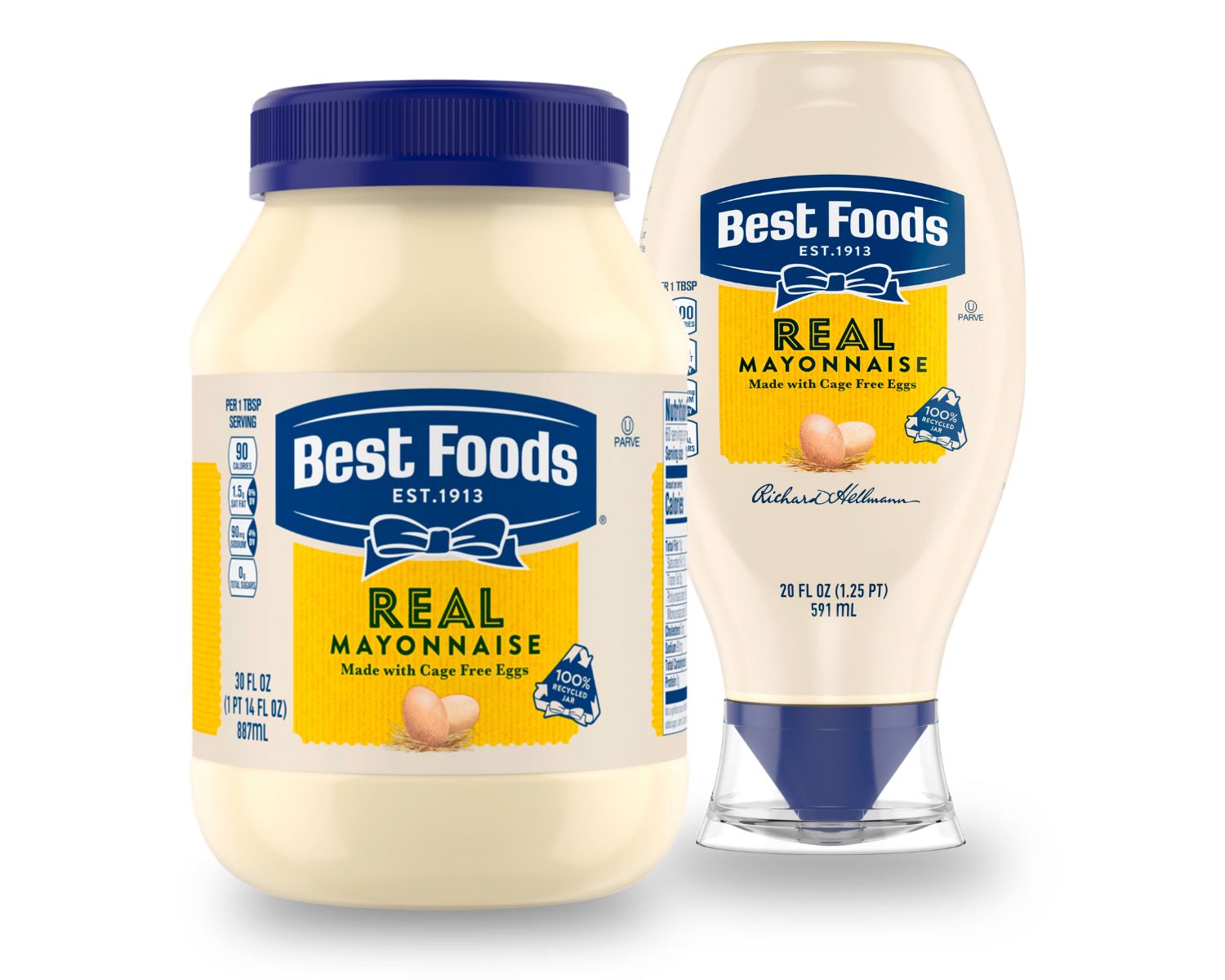
When it comes to condiments, mayonnaise is a staple in many households. Whether it’s slathered on a sandwich, used as a base for tangy sauces, or stirred into salads, mayonnaise adds a creamy and delicious element to a variety of dishes. But have you ever wondered about the nutrition facts of mayonnaise?
In this article, we will delve into the world of mayonnaise nutrition and explore the 11 best foods that can be enhanced with this versatile condiment. From classic sandwiches to savory dips, mayo can take your meal to the next level. So, let’s dive in and discover the tasty benefits of mayonnaise!
Key Takeaways:
- Mayonnaise is a calorie-dense condiment made from eggs and oil, rich in healthy fats and vitamin E. It’s gluten-free and versatile for dressings, sauces, and baking.
- Storing mayonnaise in the refrigerator is crucial for maintaining its freshness and safety. Homemade mayonnaise offers customization and healthier ingredient options.
Mayonnaise is a popular condiment.
Mayonnaise is a beloved creamy sauce that is commonly used as a condiment in many dishes.
Mayonnaise is made from eggs and oil.
Mayonnaise is typically made by combining eggs, oil, and vinegar or lemon juice, resulting in a rich and smooth texture.
Mayonnaise is high in calories.
Due to its ingredients, mayonnaise is calorie-dense. It contains around 90-100 calories per tablespoon.
Mayonnaise is a good source of healthy fats.
Mayonnaise is made primarily from oils, which are high in monounsaturated and polyunsaturated fats, known as healthy fats.
Mayonnaise contains vitamin E.
Vitamin E, an antioxidant, can be found in mayonnaise due to its oil content. It plays a crucial role in maintaining healthy skin and boosting the immune system.
Mayonnaise is gluten-free.
For individuals with gluten sensitivities or celiac disease, mayonnaise is a safe and gluten-free condiment option.
Mayonnaise can be used as a base for various dressings and sauces.
Mayonnaise serves as an excellent base for creating a wide range of dressings and sauces, such as Caesar dressing or tartar sauce.
Mayonnaise can enhance the flavor of sandwiches and burgers.
Adding a dollop of mayonnaise to sandwiches and burgers can enhance their flavor and provide a creamy texture.
Mayonnaise can be used as a substitute for butter or oil in baking.
In certain recipes, mayonnaise can be used as a substitute for butter or oil, resulting in moist and delicious baked goods.
Mayonnaise should be stored in the refrigerator.
Due to its perishable ingredients, it is important to store mayonnaise in the refrigerator to maintain its freshness and safety.
Mayonnaise can be made at home.
Making homemade mayonnaise allows you to customize the flavors and choose healthier ingredients.
Conclusion
Mayonnaise is a popular condiment that adds flavor and creaminess to a wide range of dishes. While it is often perceived as unhealthy due to its high fat content, it can actually be enjoyed as part of a balanced diet when consumed in moderation. Mayonnaise is a good source of healthy fats and vitamin E, which can support heart health and provide antioxidant benefits. Additionally, it can enhance the absorption of fat-soluble vitamins from other foods. When choosing mayonnaise, opt for versions made with healthier oils, such as olive oil or avocado oil. Reading the nutrition labels can help you make informed choices and select brands with lower sodium and added sugar. So go ahead, indulge in a dollop of mayonnaise, knowing that it can be a flavorful and nutritious addition to your meals.
FAQs
1. Is mayonnaise bad for you?
Mayonnaise, when consumed in moderation as part of a balanced diet, can be a healthy addition to your meals. It is a source of healthy fats and vitamins, such as vitamin E.
2. What are the nutrition facts of mayonnaise?
Mayonnaise typically contains around 100-110 calories per tablespoon, with variations in fat, sodium, and sugar content depending on the brand and type.
3. Can I use mayonnaise if I am on a low-fat diet?
If you are on a low-fat diet, you may want to opt for reduced-fat or light versions of mayonnaise. These options contain fewer calories and fat compared to regular mayonnaise.
4. Are there healthier alternatives to traditional mayonnaise?
Yes, there are healthier alternatives to traditional mayonnaise. Some options include light mayonnaise, Greek yogurt, avocado, or hummus as a spread or dip for your favorite dishes.
5. How should I store mayonnaise?
Mayonnaise should be stored in the refrigerator, away from direct sunlight and heat. Make sure to check the expiration date and discard if it is past its prime.
Was this page helpful?
Our commitment to delivering trustworthy and engaging content is at the heart of what we do. Each fact on our site is contributed by real users like you, bringing a wealth of diverse insights and information. To ensure the highest standards of accuracy and reliability, our dedicated editors meticulously review each submission. This process guarantees that the facts we share are not only fascinating but also credible. Trust in our commitment to quality and authenticity as you explore and learn with us.
